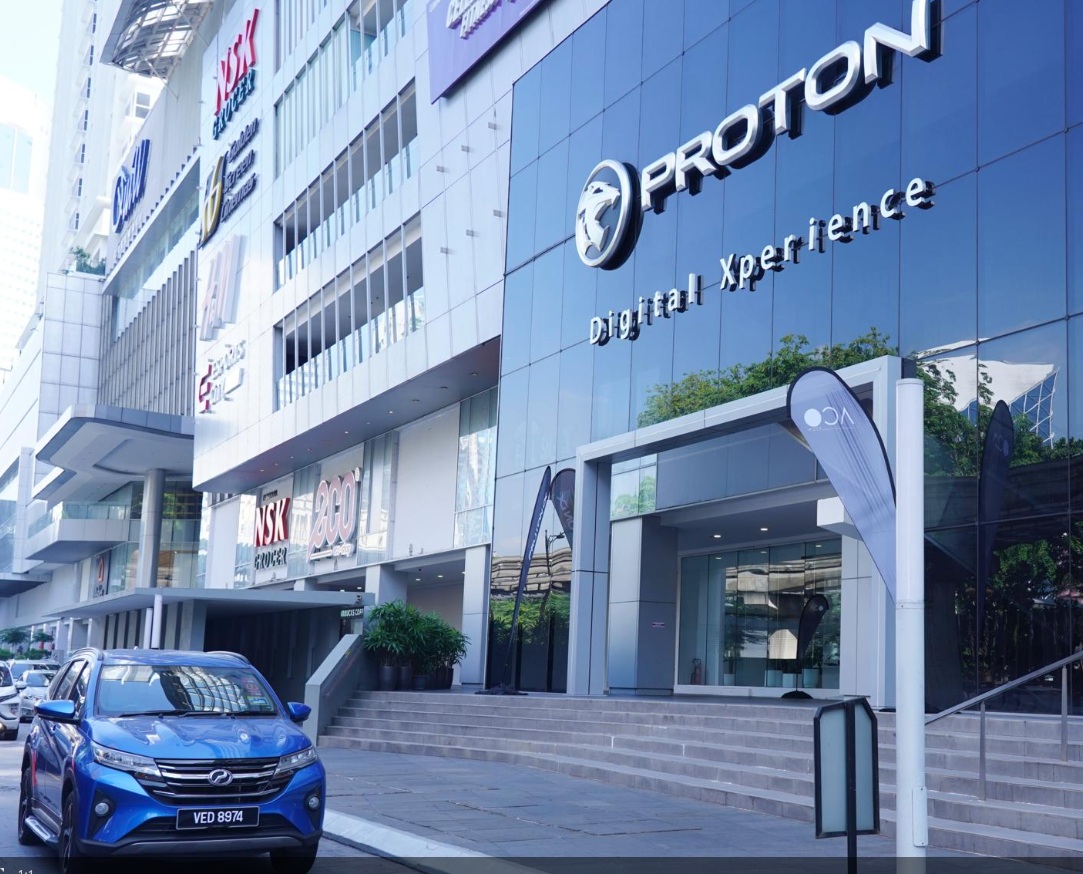Google has announced the launch of its Pixel 9 series in India, marking a significant move in one of the world’s largest smartphone markets. The new series includes Google’s first foldable device, which is also making its debut in India. Despite these efforts, Google faces considerable challenges in a market where it currently holds less than 1% of the smartphone share.
Google is expanding its presence in India by partnering with two offline retail chains, Croma and Reliance Digital, in addition to its established online partner, Flipkart. The company has also introduced three walk-in service centers to enhance after-sales support. However, Google’s market share in India remains minimal, even as the premium smartphone segment, where Apple currently dominates, continues to grow.
The Pixel 9 series targets this premium segment, with prices starting at 79,999 Indian rupees ($2,060) for the Pixel 9 Pro Fold. In comparison, Apple’s iPhone 15 series starts at 79,600 Indian rupees ($950) and tops out at 193,500 Indian rupees ($2,300).
Google’s focus on the Indian market has intensified recently, with significant growth in smartphone shipments, rising over 1,300% from 2020 to 2023. However, despite this increase, Google’s market share remains at 0.5%. The more affordable Pixel A series has been the primary driver of these sales, accounting for 65% of Google’s shipments in India in 2023. Still, the Pixel A series remains a niche product in a market dominated by the entry-premium segment.
Experts suggest that Google’s strategy needs substantial investment in marketing and sales channels to compete effectively with Apple and Samsung in India. Currently, Google’s limited offline presence and focus on online sales are seen as insufficient in a market where consumers prefer to experience devices in physical stores, especially in the premium segment. Analysts predict that Google’s market share in India will remain below 1%, with the Pixel A models continuing to be the main contributors to its growth.
Despite introducing advanced AI features in the new Pixel series, analysts believe that these features are not yet a significant factor in consumer purchasing decisions. While AI may become more important in the future, particularly in the premium segment, it is not expected to drive immediate market share gains for Google.









